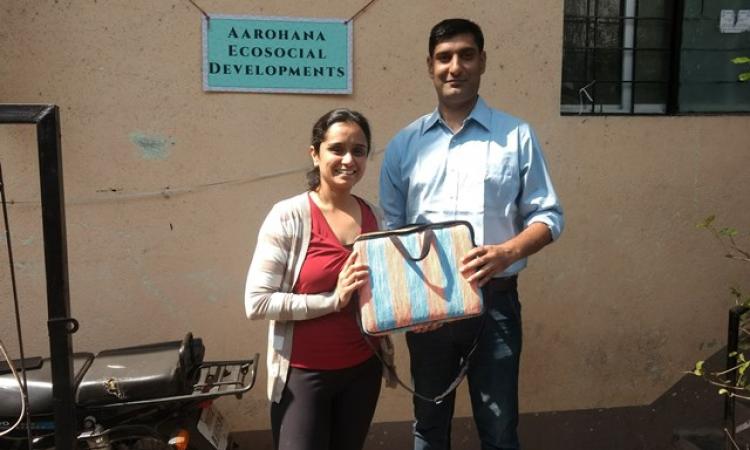
Cities like Pune are in the midst of a garbage crisis. There is garbage strewn all over which is not just unsightly, it is also found to be polluting the city's water resources.
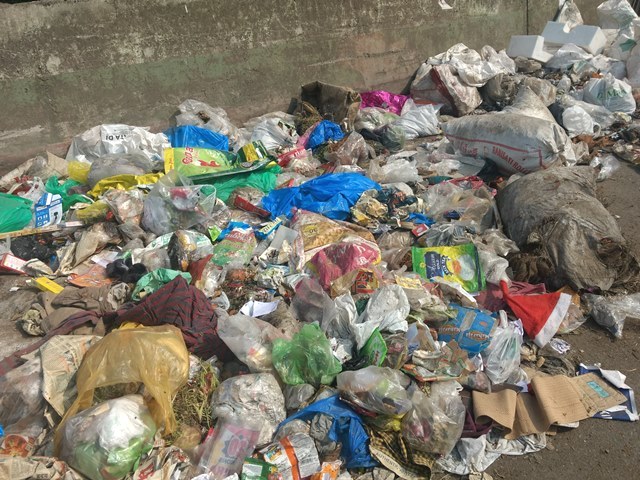
As the city struggles with waste, some enterprising youth are turning this crisis into an opportunity--they are creating art from garbage. It has turned out to be a successful business too and is providing employment to tribal youth, making the process sustainable. It is also persuading others to use less plastic to keep the environment clean.
Two former IT professionals, Amita Deshpande and Nandan Bhat, have been involved in turning polythene bags and wrappers from waste into colourful bags, laptop holdalls, dining mats, notebook covers and even pencil holders through their Pune-based enterprise, Aarohana EcoSocial Development, over the last two years.
The journey so far
Amita says, “We are nature lovers and avid trekkers. We were seriously affected by the amount of trash that continues to pollute our environment, especially plastic. Do you know that more than one million plastic bags are used every minute worldwide, but it takes 200-1000 years for them to degrade? Our core interest in environment-friendly development brought us together."
"We wanted to do something that would help the environment and the society without affecting the ecological balance. We started exploring how plastic was harming the environment and saw the magnitude of the problem in cities like Pune. We kept thinking and researching on whether we could do something to make plastic useful and came up with this idea. Thus our journey started with the establishment of Aarohana.”
After Aarohana was established, they started planning on how to go about it. “I come from Dadra and Nagar Haveli. Some of the remote villages there have people from the Warli tribe. Migration rates among the tribal youth in the villages are high due to lack of livelihood opportunities. We decided to include them in our initiative,” adds Amita.
Joining hands to segregate plastic
The organisation began by collaborating with several waste-collecting groups for raw material. “To collect plastic from waste, we have tied up with waste picker organisations like SWaCH in Pune and also others like Poornam and Rudra Environmental Solutions. We have also connected with residential colonies. These days, we have more and more people segregating plastic in their houses and bringing it to us,” says Amita.
Ritu, a resident of Pune, and her family regularly collect plastic waste from their house and bring it to Aarohana. “I also encourage my son to do it as it creates awareness among children about the environment at a very young age,” she adds. She hands over a bagful of cassettes collected over the years to Amita.
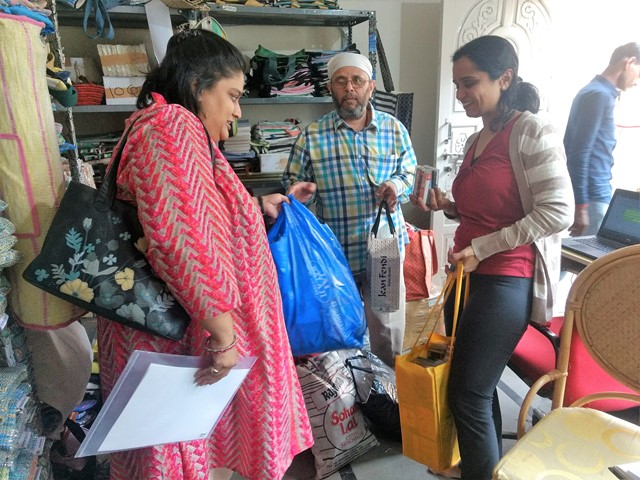
Ritu is a regular customer at Aarohana. She confesses that her favourite products are the bags. Admiring the latest collection of bags at the store, she says, “The black bag there really looks beautiful; that size looks perfect. If you could make more of these, a lot of people will buy.” “We have lots of plastic rolls here that we can use,” quips Nandan, as he tries his hand at removing the plastic rolls from old cassettes.
Aarohana also focuses on creating awareness among children and encouraging them to collect and bring plastic waste to the store to recycle. To motivate them, Aarohana provides them with certificates of appreciation.
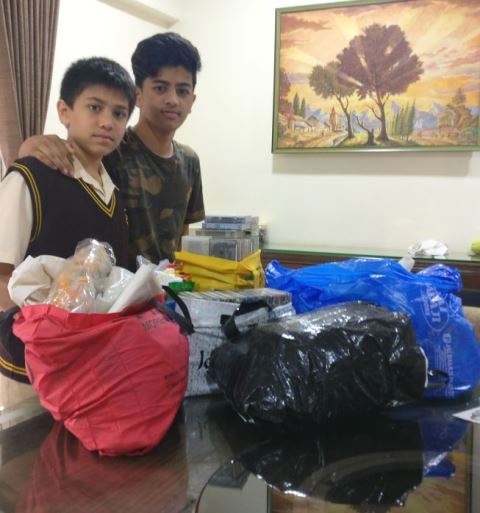
“We also have a number of schools participating in our effort. School children are encouraged to collect plastic over a month and bring it to us at the end of the month. We try to inculcate the importance of not trashing our environment with plastic among children,” adds Amita. In Dadra and Nagar Haveli, Aarohana also has tie-ups with industries such as Parle, Unilever who supply their plastic waste to Aarohana for processing.
Plastic waste gets a new lease of life
Since Aarohana’s aim is also to create jobs, they rely on manual processing which is partly done by tribal youth in Dadra and Nagar Haveli villages. The process is completed in their Pune workshop. The plastic bags are first sorted, cleaned, washed, sun-dried and then separated according to their colours (the colours of the plastic bags are retained and these are used to make patterns and designs on the manufactured bags).
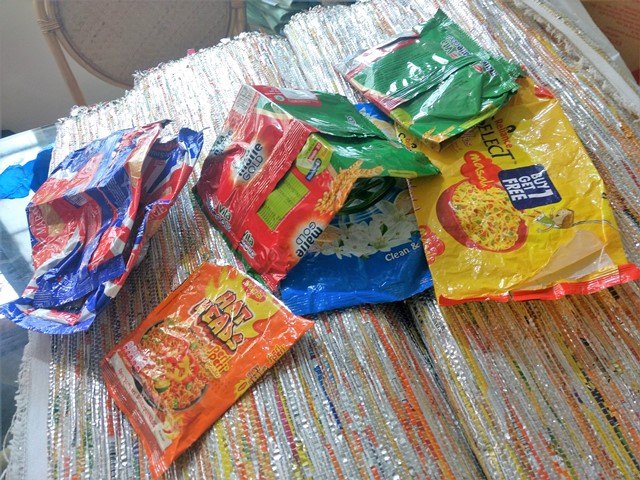
The plastic is then processed further on a traditional charkha and later woven like cloth or fabric using a loom in a tribal hamlet in Dadra and Nagar Haveli, giving the plastic waste a fresh look.
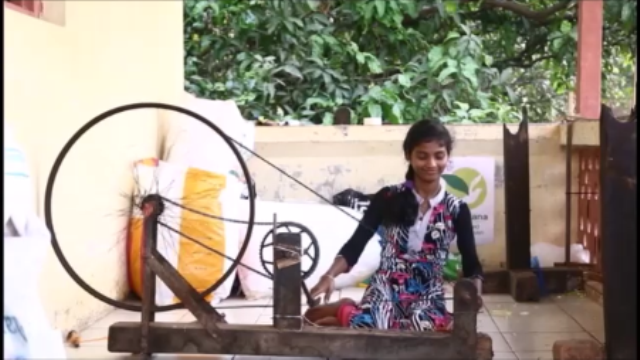
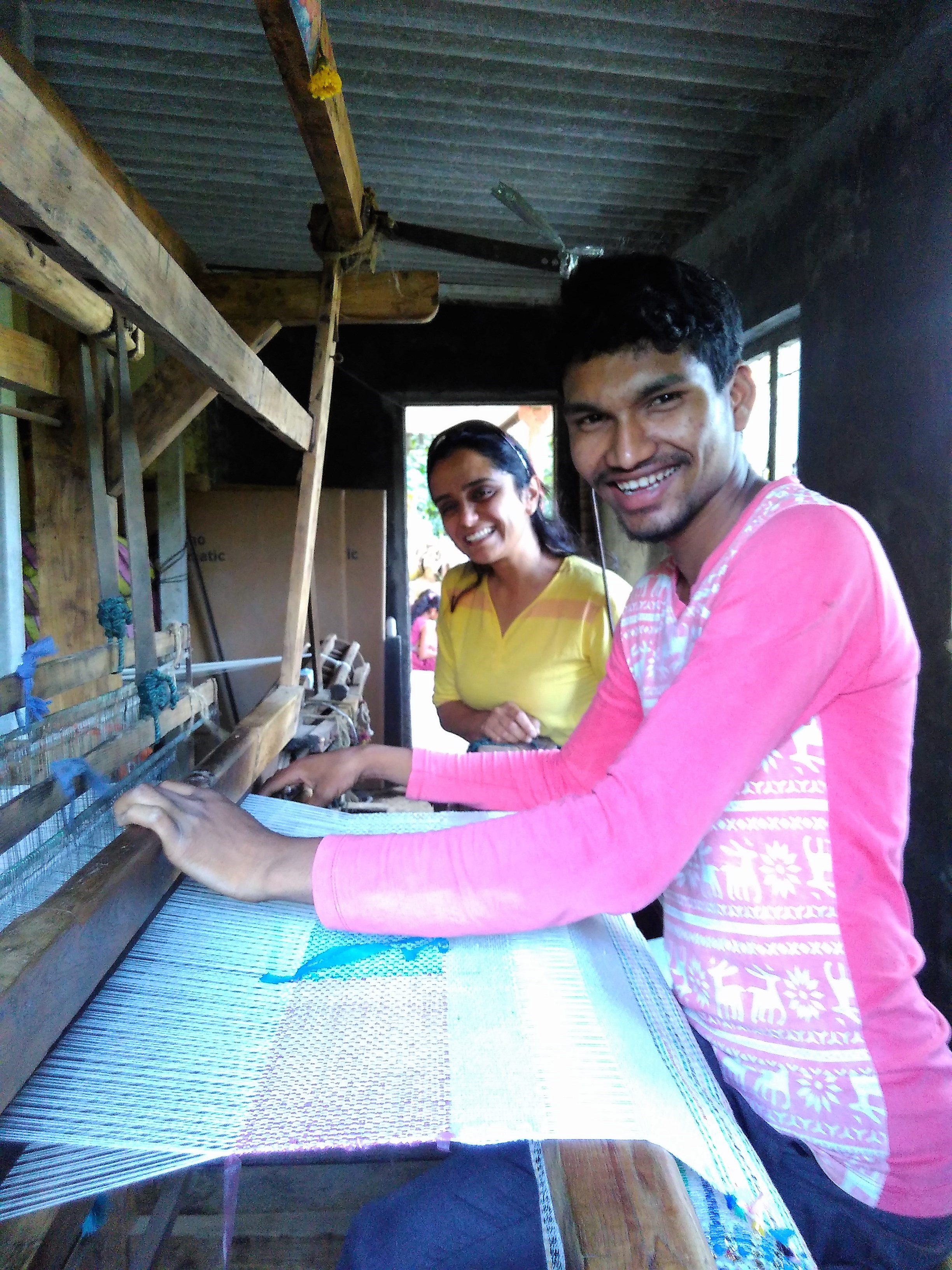
The final woven fabric is then transported to Pune where people employed in the Aarohana workshop use it to stitch and create colourful bags of different sizes and items for home décor. They have also started making laptop bags, lunch box carriers and gym bags on demand. It is not just plastic that Aarohana recycles while creating new products.
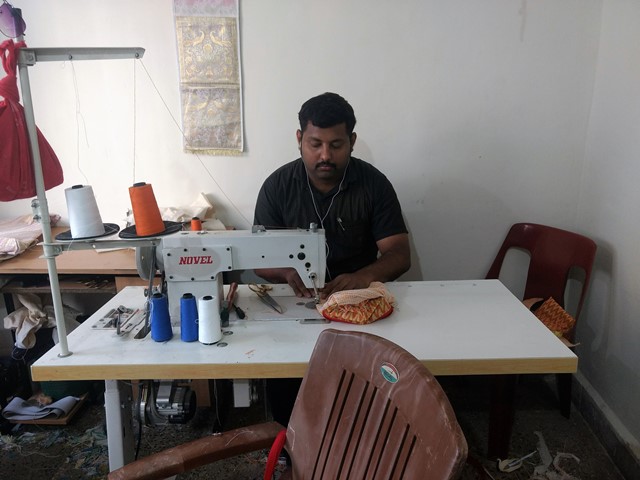
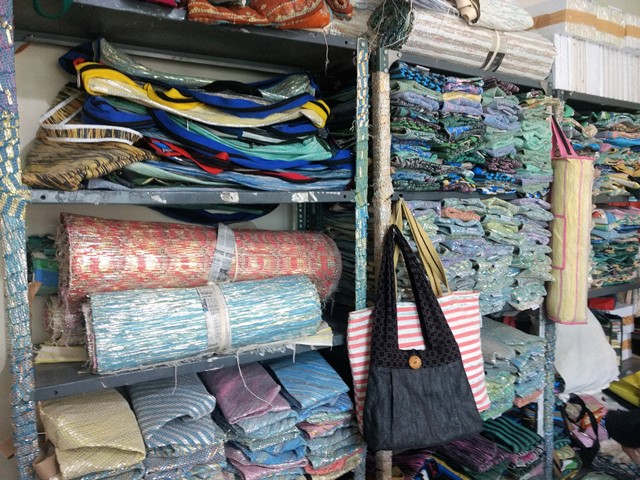
They also use discarded denim to make handles for their bags because denim is sturdy; old flex boards are used to print their logo and foam from old furniture is used to make protective padding for laptop bags. Aarohana is already expanding and will soon be seen in other cities. According to Amita, their clientele includes a number of corporate organisations such as L’oreal, Parle and even some tourism companies. “We are also exporting to other countries such as The United States and Singapore,” she adds.
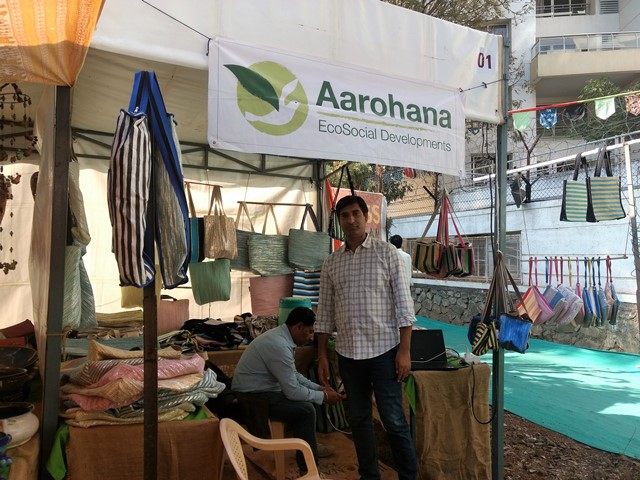
Changing behaviour in the process
Awareness generation and changing people’s behaviour form the main focus of Aarohana. “One bag we make has around 70 to 80 plastic wrappers. See the amount of good that can come out of waste which, if thrown out, leads to severe pollution of the environment and water resources,” she says. “It is important that people understand the value of separating wet and plastic waste. Wet and dirty plastic bags can be of no use and further pollute the environment,” she adds.
“My motto is refuse-reduce-reuse-recycle,” adds Amita. We all need to make conscious decisions while buying things, use less of non-degradable plastic, choose lifestyles and products that pollute less and can be reused and recycled. This is crucial if we want to overcome the garbage crisis in our country,” she signs off.
View this video on Aarohana's journey below:
/articles/creating-art-waste